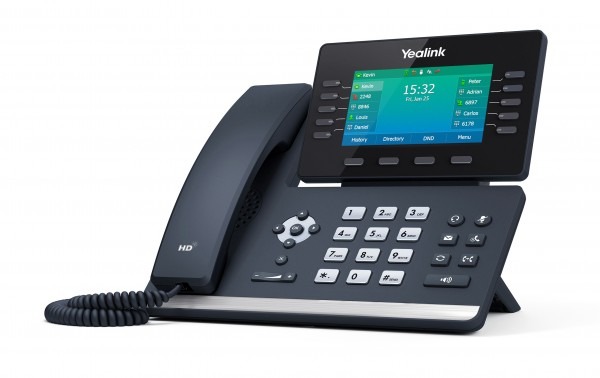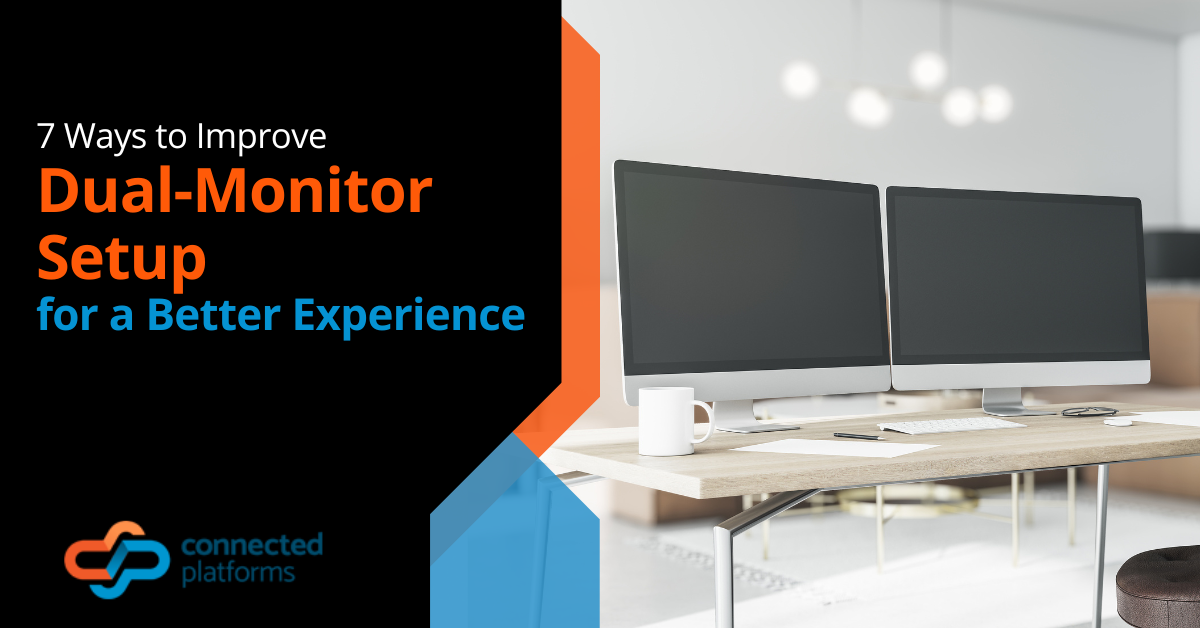Switching phones in your business? Wondering whether you should stick to the traditional landline phone or if you can move into the cloud with your calls? We get this question quite a bit here at Connected Platforms, so we wanted to take the time to answer it for you! We have prepared a few points for your consideration in the “voip vs landline” debate. Continue reading if you often ask “Is VOIP better than landline” or want to find out more about business phone systems.
In this article, we will go through the definitions of what each type of phone service is and then discuss the benefits of each phone type. In this article, we are going to call a cloud-based phone a VoIP phone as well, which stands for voice over internet protocol.
If you would like to know more about cloud-based phone systems and want answers to questions we haven’t addressed here, then call us. We would love to help you with any query that you may have.
The different phone systems explained
Here’s where we’ll go over the different types of phone systems and highlight some of the key differences.
What is a landline phone system?
This is the traditional model of phone service where you have a hardwired telephone line which connects to the premises. Your phone calls take place through copper wiring which sends a system of signals and connects phone calls between phones.
Landline phone lines can be somewhat limited with little room for features. Many businesses are opting for more modern and feature-heavy cloud-based phone systems over the limited landline option.
What is a cloud-based phone system (VoIP)?
VoIP phones do not use the traditional copper wiring system and instead rely on a digital internet connection. It does stand to reason that you need a reasonably fast and effective internet system to be able to run an office full of VoIP phones, but this is something that most businesses and offices have in today’s day and age.
Which is better for your business?
When you’re looking to move into a new office and are considering a phone service, it stands to reason that you would consider all the options available to you. While VoIP phones are highly efficient, it would remiss of us all not to think about other options.
We’re going to compare the two phone types across a couple of key areas of business importance. Let’s take a look at these two types of phones in terms of their features, usability, reliability, and the overall cost.
Features
When you are using a VoIP phone, you have a range of features at your disposal. You can create features like voicemail to email, automatic call forwarding, internal extension dialing, virtual receptionist features, and so much more.
You can track calls with spreadsheets and create dialing lists and leverage a whole range of online features. When you’re using a landline phone, you still have the full capacity to put calls on hold, transfer calls, and answer calls, but your functionality is limited compared to other VoIP phones.
Usability
The phones are comparable in terms of their usability and ease of use. You’ll find that a VoIP phone comes across as more technologically advanced, but if you’re used to the landline phones, it might be preferable for you to stick with what you know. That said, it doesn’t take long to adapt.
Reliability
Landlines are like the horse and cart of the transport world – they’re reliable as anything. As soon as there are more moving parts, there’s more than can break – and that’s accurate here. A VoIP phone does rely on the internet to ensure that they are up and running, so if your internet goes down, you’re going to find that you won’t be able to take and make calls.
It is vital to have a trusted internet service provider in place before starting your VoIP journey. It’s also recommended to have a backup internet connection using 4G data.
Cost
Setting up a VoIP phone service will likely be cheaper than a traditional landline service because if you have multiple landlines in the one office, you will find that this can get expensive. That said, VoIP phone systems generally require all the hardware to be purchased yourself which can be a start-up cost you might need to incorporate.
Which should you choose?
When it comes to VOIP vs landline, it is ultimately up to you to get started on your new phone service provider – we can provide advice and guidance on what will work best for your business, but our professional opinion is that VoIP is miles ahead of landline phones and we think you should opt for this service.
We can safely say that landlines are going to be phased out in time and that it’s better to get on the bandwagon now. The reliability of landlines simply isn’t enough to compete with the functions of VoIP.
We are available to take your call during business hours Monday to Friday and would love to hear from you if you have any further questions about the pros and cons of VOIP vs landline or if you are looking for advice on business phone systems or to learn which of our other IT solutions can help you and your business. Call us now on 07 3062 6932.




